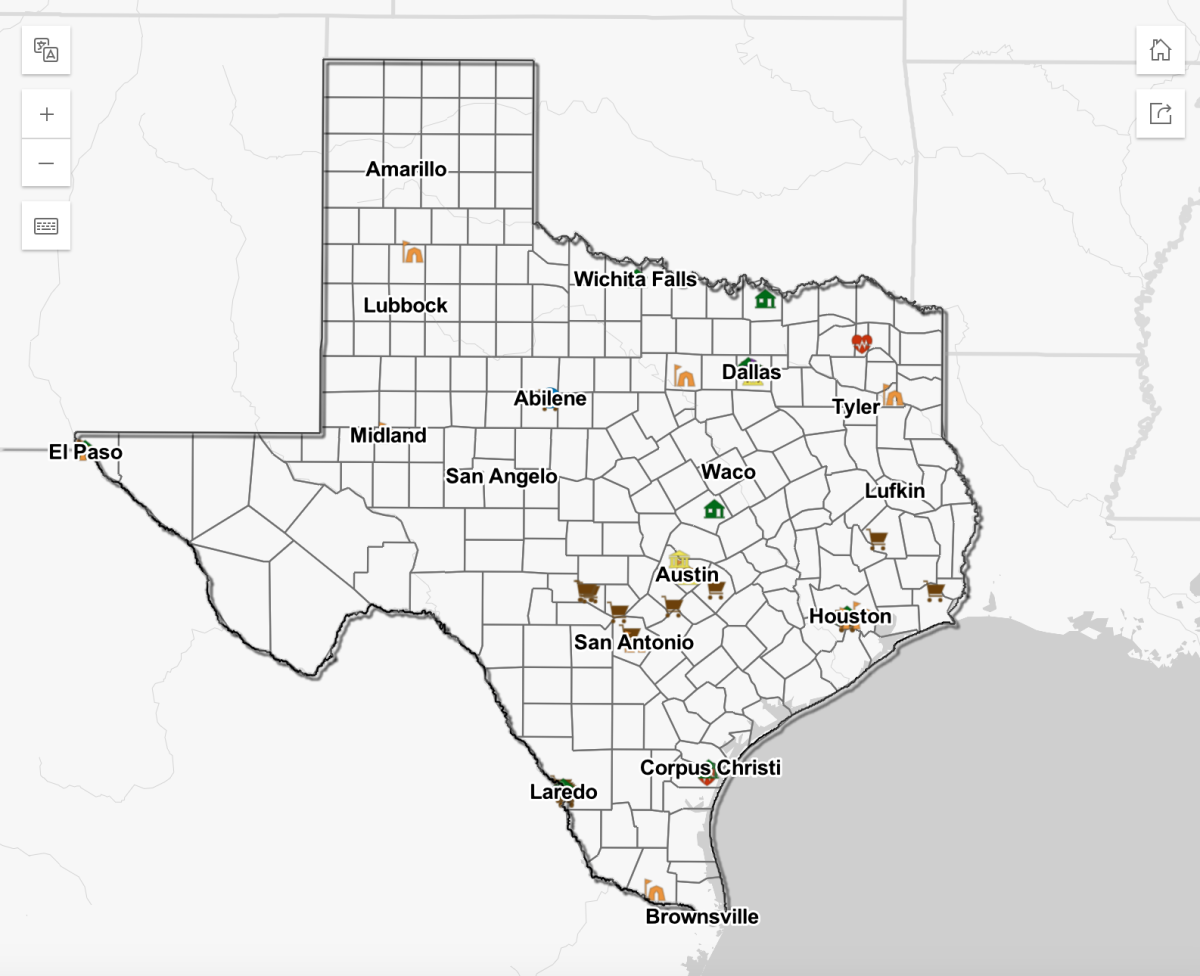Editors note: This is the third in a four-part series examining the sources of UTs funding.
UT tuition has approximately doubled during the past decade, and it funds more of the Universitys overall budget than it did in the past.
Tuition has grown from 20 percent of the Universitys budget in 2001 to 24 percent in 2011, according to budget office figures. UTs current average rate of tuition for the 2010-11 school year is $4,778.25 for Texas residents taking 12 or more hours.
UT Budget Director Mary Knight said a variety of factors go into setting tuition rates, including what financial resources other than tuition are available and requests made for changes in funding from school deans.
Since 2003, the Tuition Policy Advisory Committee has recommended tuition rates for the presidents and later for the UT System Board of Regents approval. The committee is currently made up of eight UT administrators three who do not vote and four students.
As one of the three non-voting members of the committee, Knight said she provides the committee with a lot of the information it uses to determine tuition rates.
[The committee] doesnt generally determine exactly how the funds will be expended, she said. But they do get information on the overall budget and the requests for additional funds.
Before 2003, the state set tuition rates for all public universities in the state. A bill authored by Reps. Fred Brown, R-Bryan, and Geanie Morrison, R-Victoria, gave each public university system the authority to change their tuition rates.
Knight said the states process was further removed from the process the University has used since 2003. She said the current system allows deans to provide input on their priorities for funding academic or research programs.
They probably didnt have much information from each university to determine appropriate needs, Knight said. [The committee] gets an overall understanding of the budget, financial situation and revenue sources. They are basing their decisions on funding needs and what is reasonable given the available resources.
Journalism graduate student Avery Holton said when he started at UT in 1999, in-state tuition offered him the most reasonable option for college. He said a full scholarship allowed him to attend UT since his family wouldnt have been able to pay for his college without the help.
He said after working from 2005 to 2009, he returned to UT to complete his doctorate. Holton said he works as a teaching assistant, a research assistant and a freelance reporter but still has to take out loans to pay for school. He said he had to make changes in his shopping habits and lives more frugally to afford school.
He said working full-time detracts from what he can gain from his studies.
The price of education also affects the quality of education. If I didnt have to pay so much for college, I would be able to devote way more time to it and wouldnt be nearly as stressed out, Holton said.
Regan Mathias, a journalism graduate student, said she remembers higher tuition rates constantly surprising her since she transferred to UT in 2007. She said with her parents help, she graduated last spring debt-free with degrees in sociology and government.
I know that a lot of my friends were not able to do so, and now they have to start thinking about paying off those loans, even though some of them havent even found jobs yet, Mathias said.




















